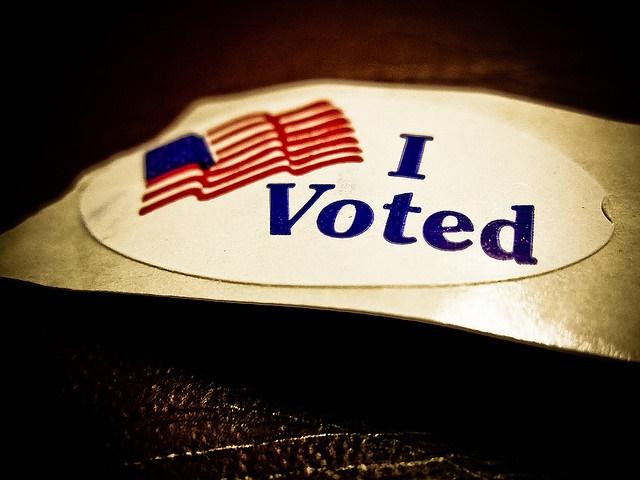Wisconsin’s voter ID law has come under fire, and a University of Wisconsin expert said efforts to educate the public about it have fallen flat.
Under the voter ID law, out-of-state driver’s licenses and certain student IDs are not acceptable forms of identification. People will have to obtain a Wisconsin ID in order to vote in elections in the state, Jay Heck, Common Cause in Wisconsin executive director, said.
But most people do not know what types of IDs are acceptable, Heck said.
Barry Burden, UW political science professor, said there has been minimal effort on the state government’s part to educate people about the law because the state lacks funding for it.
“I would say that’s [state government’s lack of funds] a significant shortcoming,” Burden said.
Burden said the government is currently relying on its media partners to advertise information about the law for free. But there is no guarantee that these partners will advertise the law.
When the law was enacted in 2011, the state government created video, print advertisements and radio public service announcements, Burden said, but the law was not yet in effect during the 2012 spring primary elections.
With the spring primary presidential elections beginning this month, educating people about acceptable voter IDs has become very important, Burden said.
While the state government has put limited effort into voter ID education, other organizations with an interest in the matter have taken action. Heck said Common Cause has partnered with the League of Women Voters in Wisconsin, Wisconsin Voices and the UW System to create an information sheet summarizing what people need to know about the law.
“College students and most people need to know information as briefly as possible so we’ve condensed it to one page so that they can find out what they need to know to vote or what to do if they don’t have the proper ID,” Heck said.
Wisconsin’s Government Accountability Board held a press conference Monday to inform people they will need a voter photo ID for the upcoming presidential elections, Heck said.
GAB displayed some of its 2011 public service announcements regarding voter registration at the conference, Burden said.
Burden said organizations like Common Cause take initiative purely out of interest. They receive no funding and their outreach is limited in comparison to what the state government can do.
Burden said the state government should increase available funds to pay for ads in order to spread the word about voting.
“These groups are not required to do that [educate public about voter photo ID law],” Burden said. “They just take an interest in it and are taking up some of the slack on part of the state.”
Common Cause in Wisconsin has been working with Wisconsin’s four-year, two-year and technical campuses to compile a list of people students can contact with questions about the voter ID law, Heck said.
The strict specifications for student ID validity make it difficult for students to know which ID to use when voting, Heck said.
Heck said such specifications might be deliberate on the Legislature’s part because it would deter students from voting for Democrats as the majority did in the 2008 presidential elections.
Heck called this a “really sad and unfortunate view” because people normally vote for the first time in college, which can lead to regular voting in the future.
If students are discouraged from voting in their first election they might become cynical of the process. Heck said it is important students and others educate themselves early on about the voter ID law and voting procedures.
“If students could take a little time sooner rather than later to educate themselves about what they need to do in order to vote, then the process will go much easier for them on election day and they won’t feel frustrated when they come to the polls,” Heck said.


